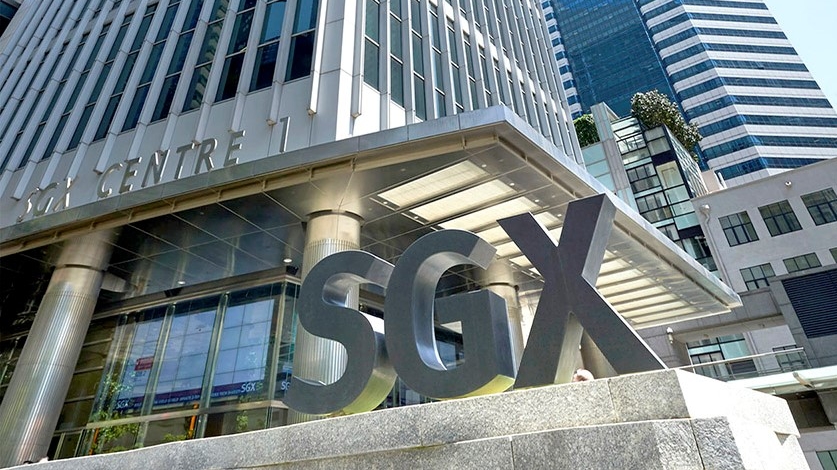 Stock Photo
Stock Photo
SGX RegCo expects requisitionists to follow Companies Act Section 176,177
Requisitionists could utilise either one to convene a Requisitioned Meeting.
The Singapore Exchange Regulation (SGX RegCo) reminded requisitionists, or shareholders who requisitioned a general meeting to put resolutions before others, to follow Sections 176 and 177 of the country's Companies Act.
Under the law's Section 176, the board must convene a requisitioned meeting upon receipt of a valid requisition from the requisitionists, whilst under Section 177, the requisitionists are the ones who will hold the meeting.
Section 176 required only one requisitionist, whilst Section 177 allowed two.
READ MORE: Securities market outlook not positive: RHB
Section 176 also required the requisitionists to state, sign, and deposit the objects of the meeting at the issuer's registered office, whilst under Section 177, a written notice would serve on every shareholder having a right to attend not less than fourteen days or longer as is provided in the issuer's Constitution for ordinary resolutions.
Under Section 176, the Board has up to 21 days to proceed to convene a Requisitioned Meeting and must hold it as soon as practicable within two months after the date of receipt of the requisition.
On the other hand, Section 177 did not give a specific provision that requisitionists need to exhaust any notice to the Board or any timeline for them to act.
Meanwhile, requisitionists do not need to pay for the costs of a Requisitioned Meeting under Section 176, and the issuer would bear it. However, under Section 177, there are provisions that state the issuer must pay the costs.
Tan Boon Gin, SGX RegCo CEO, said that requisitionists could utilise either Section 176 or 177 to convene a Requisitioned Meeting. In all cases, they should not put any proposals or materials that are frivolous, vexatious, or defamatory.
"Regardless of the route adopted by requisitionists, SGX RegCo expects all parties – Board, requisitionists, and their respective professional advisers – to work together to achieve the common goal of the successful conduct of the Requisitioned Meeting," Tan said.
























 Advertise
Advertise






